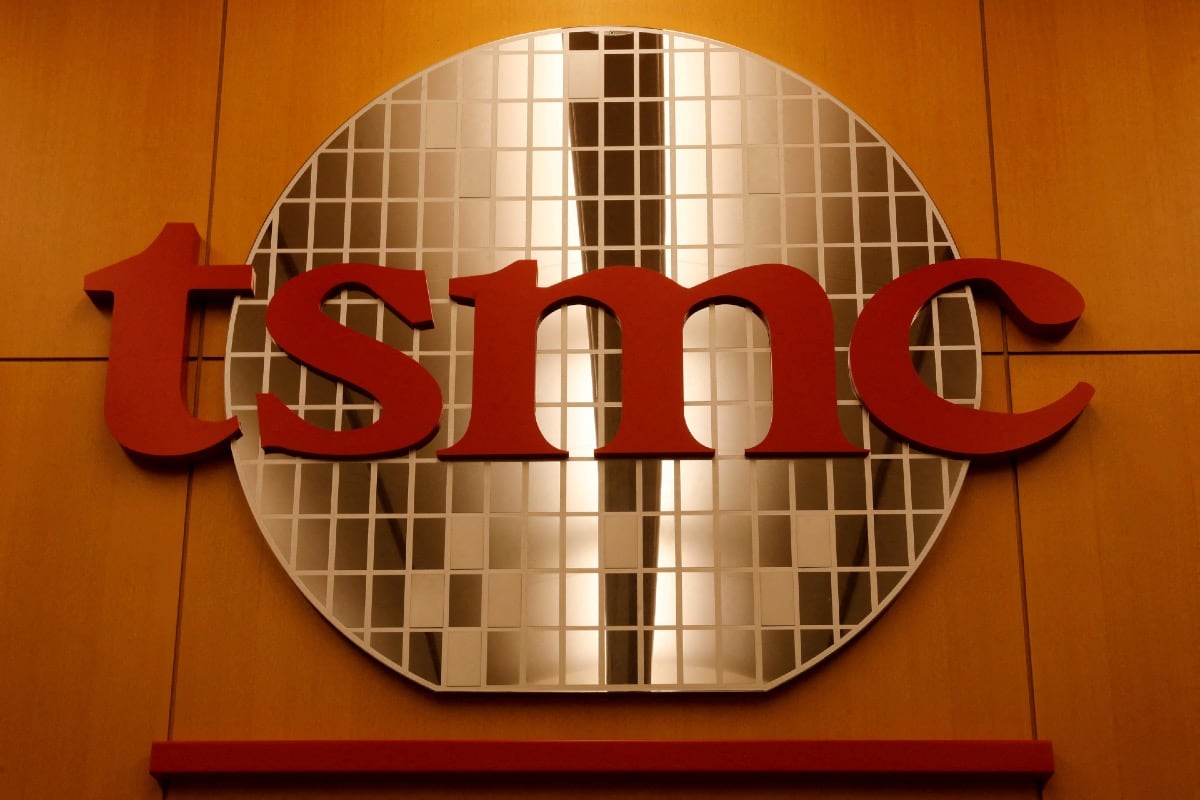Japan said on Friday it will restrict exports of 23 types of semiconductor manufacturing equipment, aligning its technology trade controls with a US push to curb China’s ability to make advanced chips.
Japan, home to major global chip equipment makers such as Nikon and Tokyo Electron, did not specify China as the target of the measures, saying equipment makers would need to seek export permission for all regions.
“We are fulfilling our responsibility as a technological nation to contribute to international peace and stability,” Minister for Economy, Trade and Industry Yasutoshi Nishimura told a news conference.
Japan wants to stop advanced technology being used for military purposes and does not have one specific country in mind with the measures, he said.
But Japan’s decision is seen as a major diplomatic win for US President Joe Biden’s administration, which in October announced sweeping restrictions on China’s access to US chipmaking tech to slow its technological and military advances.
Without the cooperation of industry heavyweights Japan and the Netherlands, the US measures would be ineffective and its companies would face a competitive disadvantage.
Japan and the Netherlands in January agreed to join the U.S. in restricting equipment exports to China that could be used to manufacture sub-14 nanometre chips, but did not announce the pact to avoid provoking China, sources said earlier.
Japan has never publicly acknowledged any agreement.
A nanometre, or one-billionth of a metre, refers to a specific semiconductor industry technology, with fewer nanometres generally meaning the chip is more advanced.
In the Netherlands, the government said in a letter to parliament this month it planned to restrict chipmaking equipment exports. Dutch major ASML Holding NV dominates the market for lithography systems used to create chips’ minute circuitry.
China, which has accused the US of being a “tech hegemony” because of its export restrictions, urged the Netherlands “not to follow export control measure by certain countries”.
Limited Impact?
Japan said it would impose export controls on six categories of equipment used in chip manufacturing, including cleaning, deposition, lithography and etching.
The restrictions, effective from July, are likely to affect equipment manufactured by at least a dozen Japanese companies, such as Nikon, Tokyo Electron, Screen Holdings, and Advantest.
Takamoto Suzuki, head of economic research for Marubeni in China, said the measures would be a blow to Japanese equipment makers given the absence of a strong domestic chip market.
“It will undermine the market development of Japanese companies and certainly reduce their competitiveness from a regulatory aspect,” he said.
When asked about the impact, minister Nishimura said, without elaborating, that he expected limited impact on domestic companies.
Some industry watchers point to potential sales elsewhere.
“If you take a long-term view, the effect will be diminished, with new semiconductor plants coming into operation in places like the United States and Japan,” said Takahiro Shinada, a professor at Japan’s Tohoku University.
Japan, which once dominated chip production but has seen its market share slip to about 10 percent, is still a major supplier of chipmaking machines and semiconductor materials. Tokyo Electron and Screen make around a fifth of the world’s chipmaking tools, while Shin-Etsu Chemical and Sumco produce most silicone wafers.
Shares of Nikon and Advantest rose 0.8 percent and 1.9 percent respectively after the news, broadly in line with the wider market’s 1.1 percent rise. Tokyo Electron and Screen were little changed.
“We will continue to comply with any rules and work to maximize our results within them,” a Nikon spokesperson said.
Tokyo Electron and Advantest declined to comment.
© Thomson Reuters 2023
From smartphones with rollable displays or liquid cooling, to compact AR glasses and handsets that can be repaired easily by their owners, we discuss the best devices we’ve seen at MWC 2023 on Orbital, the Gadgets 360 podcast. Orbital is available on Spotify, Gaana, JioSaavn, Google Podcasts, Apple Podcasts, Amazon Music and wherever you get your podcasts.
Affiliate links may be automatically generated – see our ethics statement for details.

